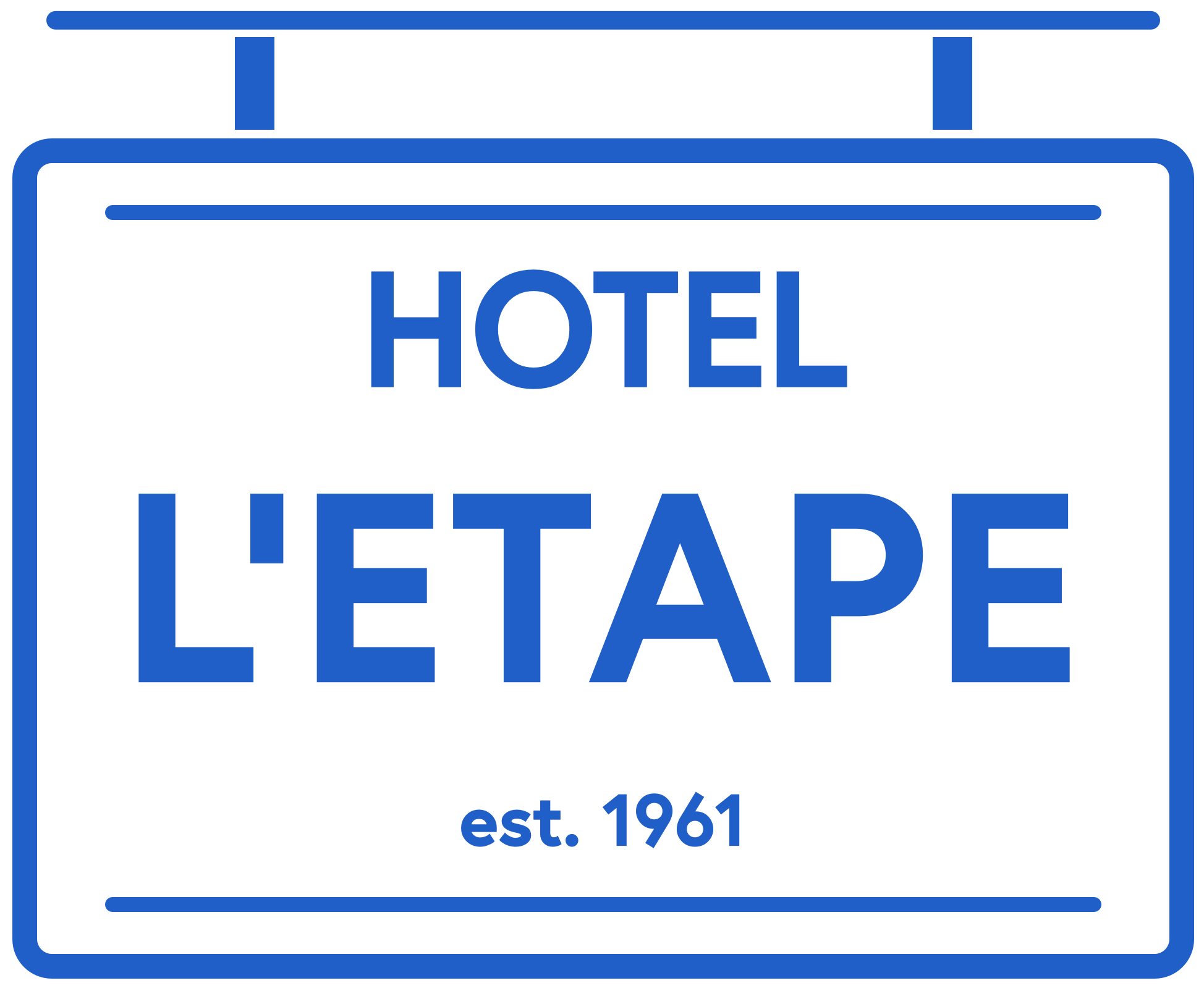INAUGURATION OF LOUIS PREMOLI'S ALLEY
Villeneuve-Loubet, June 28th 2021
A little more than 60 years ago, Louis Premoli, who had just returned from his military service, settled in Villeneuve-Loubet by the sea with the intention of farming.
The soil of these marshy grounds proved to be not very adapted to this project, the young man then decided to rent his area to the campers numerous at that time in town.
A visionary, he quickly realized that the tourist hotel industry was taking off in the early 1960s and soon undertook the construction of a hotel ideally located in the Loubet district by the sea.
A few decades later, Philippe, his son and his wife Valérie, took over this establishment which has become a privileged vacation spot for a clientele that often returns from one year to the next.
In 2021, for the 60th anniversary of the Hotel l'Etape, Lionnel Luca suggested to the city council that the alley leading to the hotel be renamed « Alley Louis Premoli » to « keep the memory of those who made the town and succeeded in building and transmitting the fruits of their labor ».
It is also an opportunity to « give back the name of the Loubet district, which is part of the history of Villeneuve Loubet, a history that we would like to pass on to the old Villeneuvois as well as to those who are settling there, so that they can anchor themselves in our town ».
The ceremony ended with an aperitif under the olive trees, in a Pagnol-like atmosphere, based on the saga of « a simple and modest family that also invests in others » between memories, transmission and shared friendship.
VILLENEUVE-LOUBET, ONCE THE LAND OF CAMPSITES
Nice-Matin, December 16th 2015
From this golden age of camping, only black and white pictures remain. Immortals. But there is also a handful of Villeneuvevois. Louis Premoli is one of them. With his laughing face and immaculate white hair, this septuagenarian remembers as if it were yesterday this 2 000 m² plot of land, the campsite L'Étape, where twenty or so tents and caravans lived for fifteen long years (in the sixties and seventies).
« There was the bare minimum : sanitary facilities and toilets. We had one shower for twenty people. Without any fuss », says the seaside inhabitant, laughing. He remembers the waves of foreigners landing in the town, prized for its climate. Dutch, Germans… « And especially the Belgians ! ».
Another time, as he likes to repeat : « The tourists played pétanque (french bowls), danced together, and went to the beach together. They shared their holidays. Now, in hotels, people hardly say hello to each other… »
Louis Premoli and his son Philippe, owner of the hotel l'Etape
Another generational change: authorisations. « Less strict in the sixties, admits Louis Premoli. Everything was allowed, or ignored… There were no prefectural decrees, no insurance. It's from the seventies that regulations changed. There was a political will to do something other than camping. Especially on the seaside. »
Before, the seaside of Villeneuve was almost virgin of concrete. Still preserved. The colossal waves of Marina-Baie-des-Anges had not yet grafted themselves into the landscape. Before, campsites were legion on this coastline, so cherished by tourists. But that was before. From the fifties to the seventies.
Few Villeneuvois remember this euphoric post-war period with any fidelity. The third week of paid holidays in 1956. The mythical RN7 stormed in the summer. These campsites that flourished here and there on private plots. « We counted up to thirty campsites in town in those decades », recalls Paul Tremellat. « The Memory of Villeneuve », as many call him, delicately turns the pages of his photo albums. Black and white photos. Coloured postcards. Authentic documents retracing, in an exhibition, the history of his city. And dozens of private campsites flirting with each other.
« Almost all of them were on the seaside : le Sporting plage, la Vieille ferme, le Camping Loubet, le Savoy, l’Altitude zéro…, lists the octogenarian, a native of Marseille. There were some in the village but very few. The municipal campsite was in the place of the current Saint-Georges school. Look at this family photo ! »
The big « family » of the Villeneuve-Loubet municipal campsite at the end of the fifties
The conditions are then Spartan. Tents on the ground, some toilets and sanitary facilities. Then, step by step, the caravans and much later, the RVs landed. « Ah, that's for sure, it wasn't the five stars of today », laughs Paul Tremellat.
But tourists prefer this way of life. No need of bling-bling to enjoy the delights of the French Riviera. And consume ! « Campers would buy locally. The small shops benefited greatly from this. And it created work ! »
But like any golden period, the decline was felt in the late sixties and early seventies. « Many sold their land to build », says Philippe Premoli. Not to mention the construction of the imposing Marina-Baie-des-Anges, which single-handedly made three campsites disappear : La Bohème, La Mer, and L'Amirauté.
But this architectural complex is not the main cause of this campsites regression, according to Philippe Premoli and his father, Louis. Far from that. The hotel industry also showed up. « Step by step, holidaymakers sought more comfort during their stay. Hotels have replaced some campsites », not to mention the regulations. Stricter.
« In the seventies, it was forbidden to set up a campsite on the seafront. No more permits were issued, except for those that already existed and had a permanent permit. »
Today, five campsites remain in Villeneuve.






















